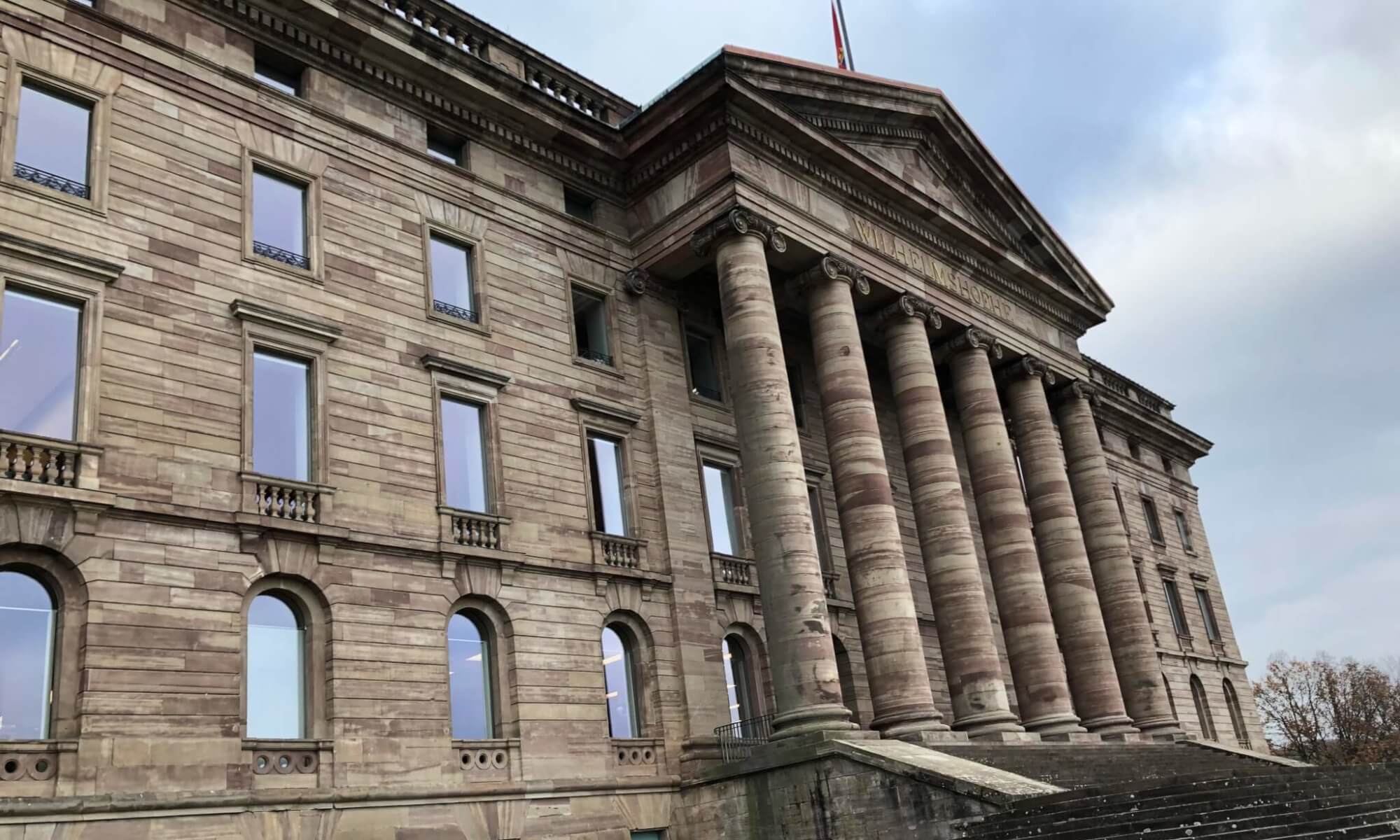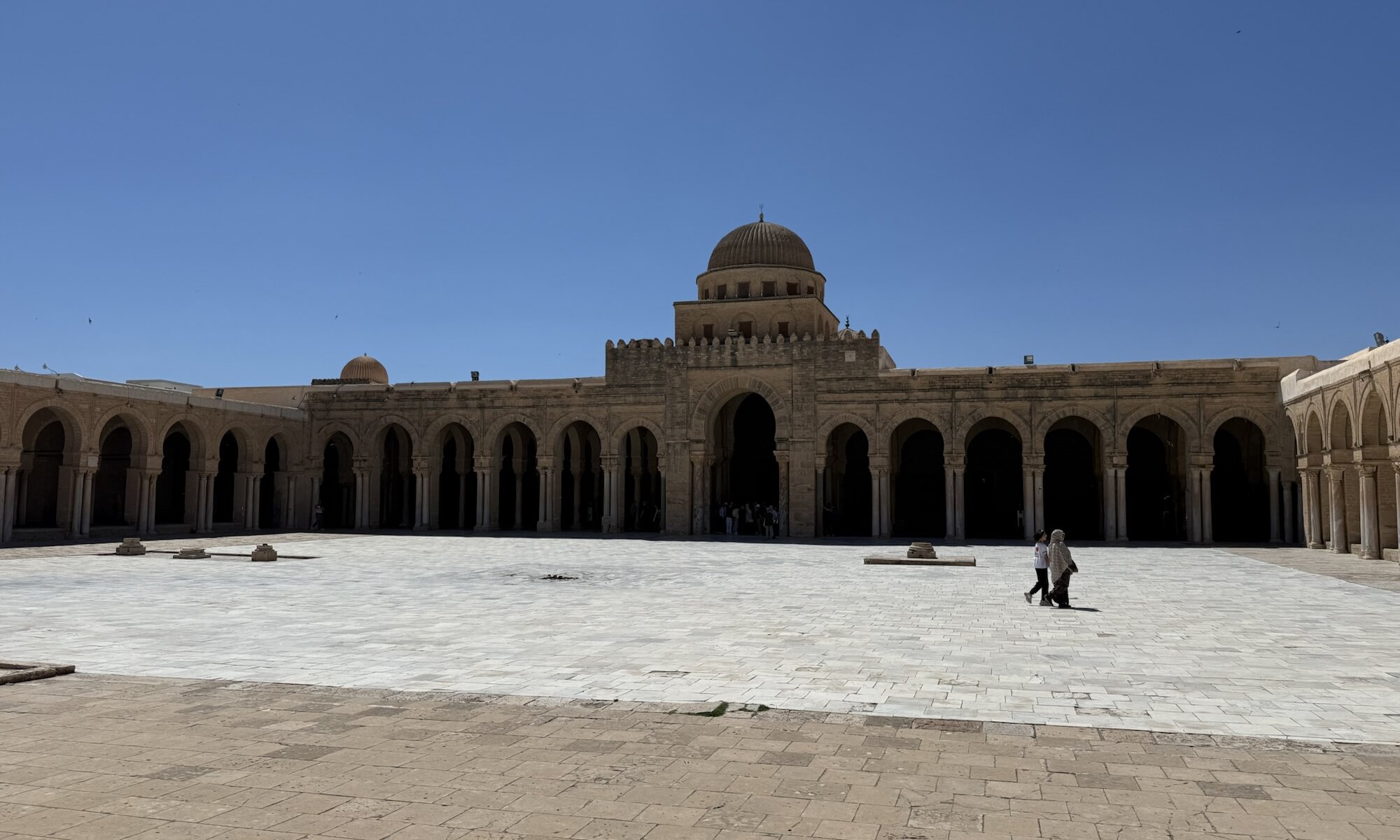القيروان, founded around 670 AD by the Umayyads during Caliph Mu’awiya’s reign, is a historically significant city in Tunisia and the Maghreb. It was the first Muslim city established in this region and quickly became a major center of Arab-Muslim civilization. For five centuries, Kairouan served as the capital and a vibrant hub of culture, education, and religion, reflecting the early development of Islamic architecture and urbanism. Its medina, with over a hundred monuments, narrow winding streets, and traditional souks, remains a living museum of Islamic art and history.
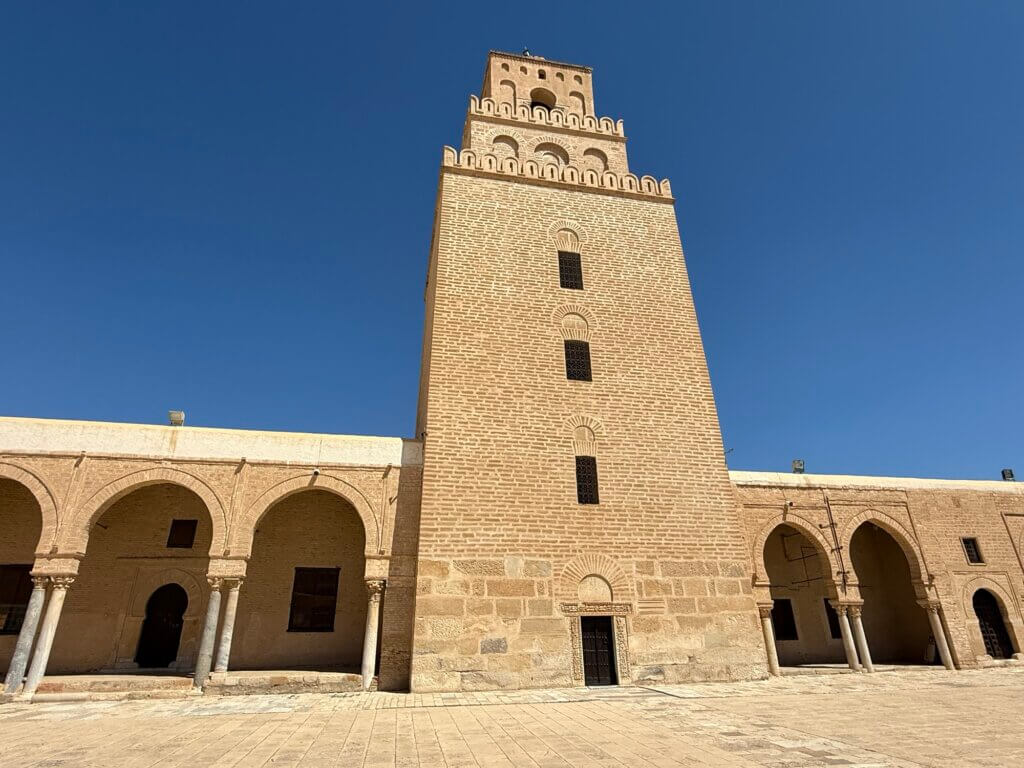
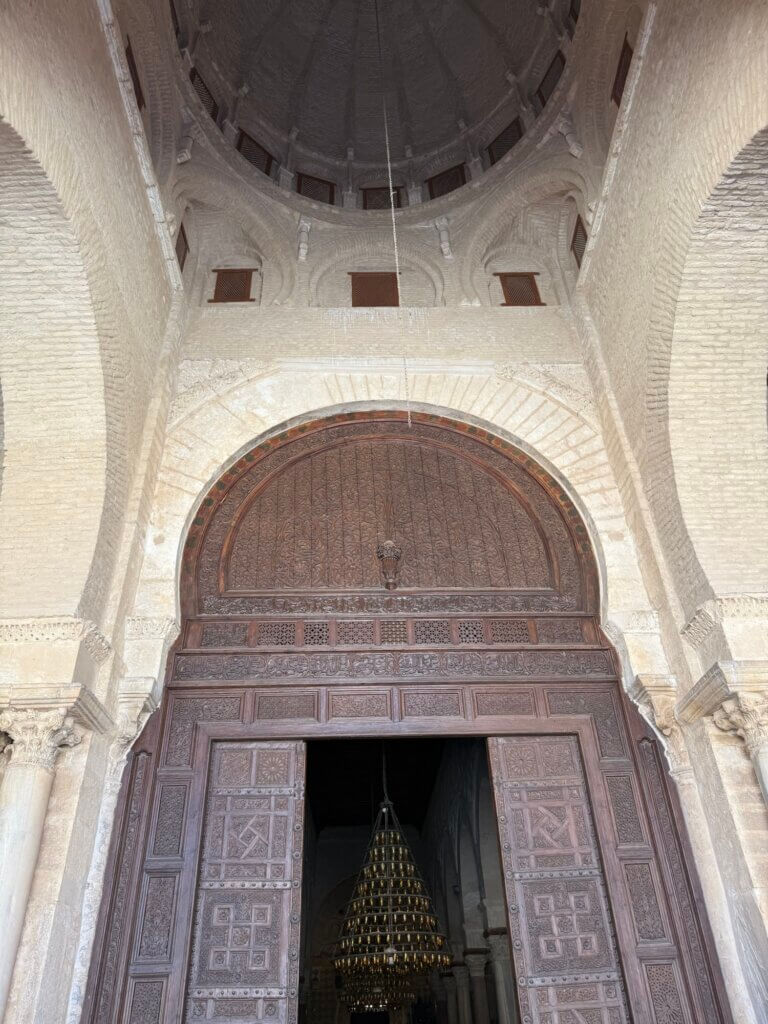
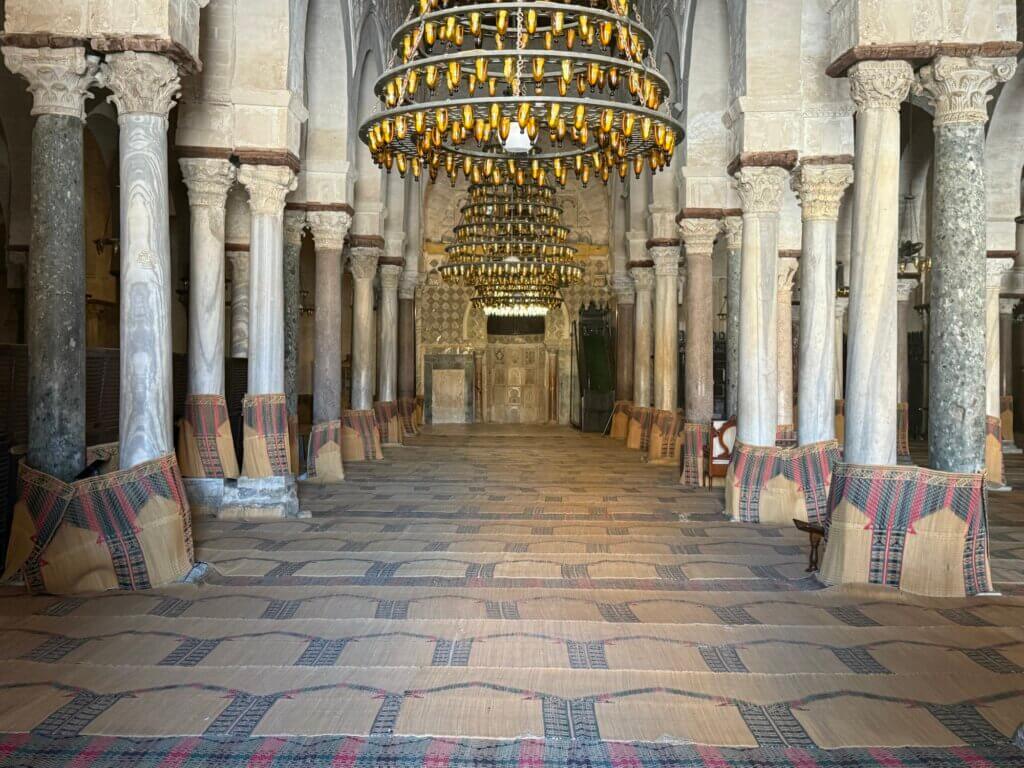
The city holds a prominent place in Islam as the fourth holiest city after Mecca, Medina, and Jerusalem. Its strategic location at the crossroads of caravan routes helped it flourish economically and culturally, especially under the Aghlabid dynasty in the 9th century. During this period, Kairouan became a beacon of Islamic learning, with its university attracting scholars from across the Muslim world. The city produced influential Islamic jurists like Imam Sahnun and Asad ibn al-Furat, making it a vital center for both religious and secular sciences.
The Grande mosquée de Kairouan is one of the oldest and most important mosques in the Islamic world, serving as a prototype for later mosques in North Africa and Andalusia. Originally built by the city’s founder Uqba ibn Nafi, the mosque underwent several reconstructions, notably in the 9th century under the Aghlabids, which gave it its present form. It features a large hypostyle prayer hall supported by hundreds of marble and porphyry columns, a vast courtyard, and the oldest standing minaret in the Muslim world. The mosque’s architecture combines Roman, Byzantine, and Islamic elements, showcasing the reuse of ancient columns and capitals, and includes a beautifully decorated mihrab with a ribbed dome.
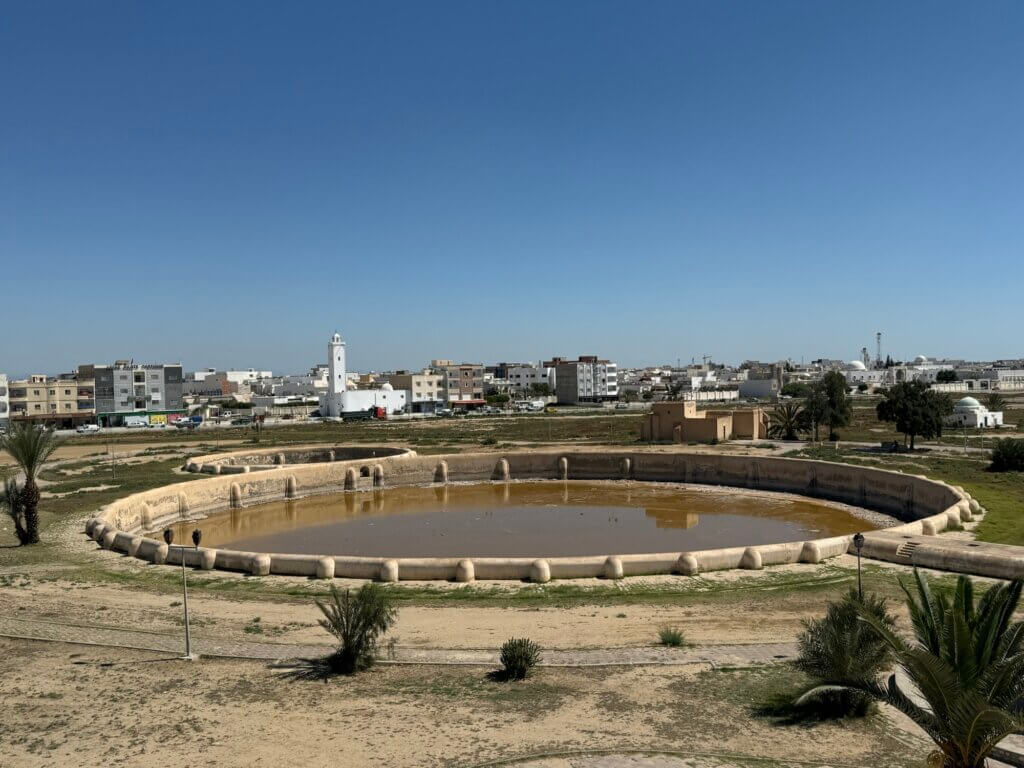
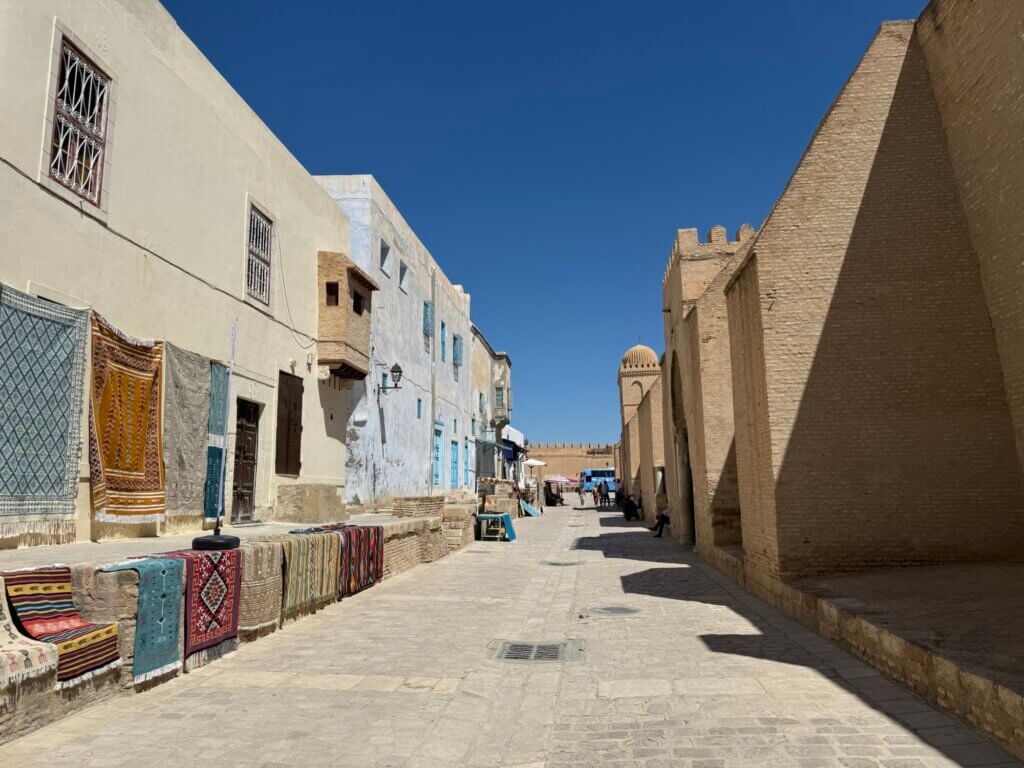
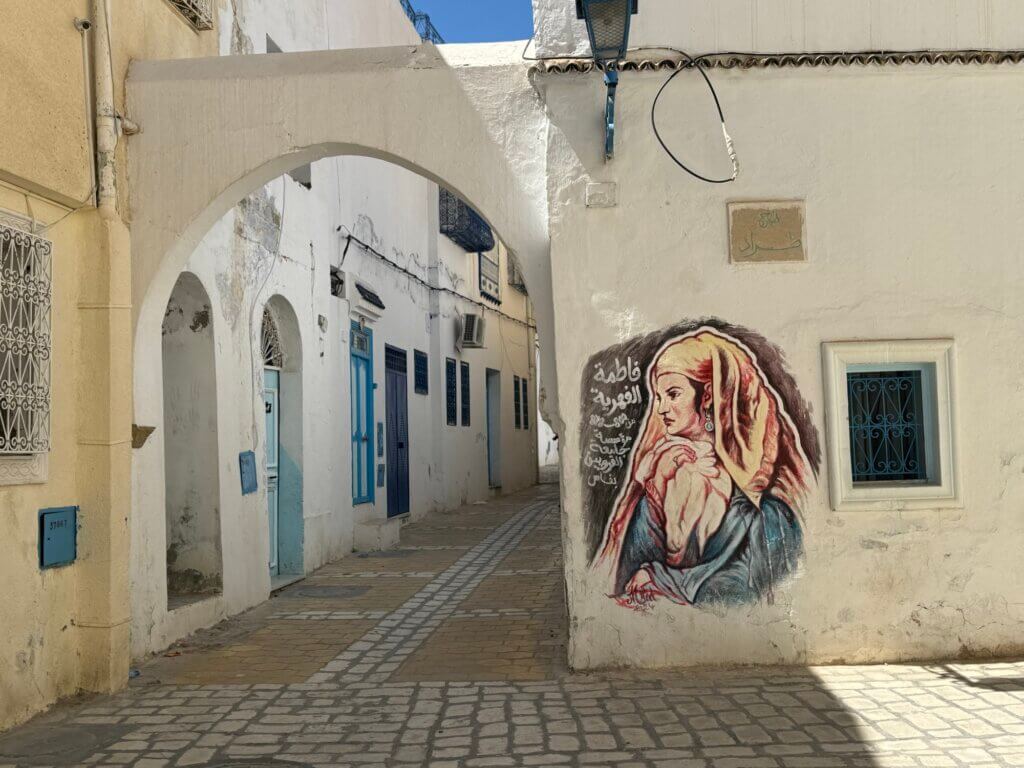
Beyond its religious function, the Grande mosquée was also a symbol of political power and cultural achievement. Its minaret, inspired by the Lighthouse of Alexandria, stands as a majestic and austere tower that influenced Islamic architecture across the western Muslim world. The mosque complex, with its expansive prayer hall, courtyard, and fortified walls, reflects the prosperity and sophistication of Kairouan during its golden age. Today, Kairouan remains a vital pilgrimage site and a testament to the rich heritage of Islamic civilization in North Africa.
Kairouan
القيروان
Tunisia
Loading map...

